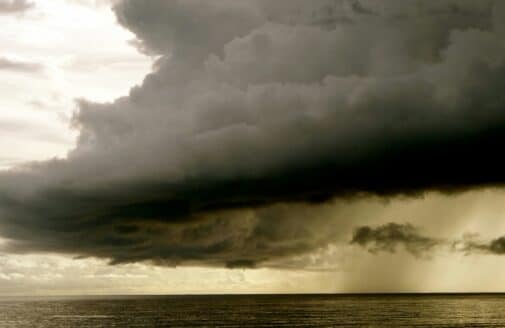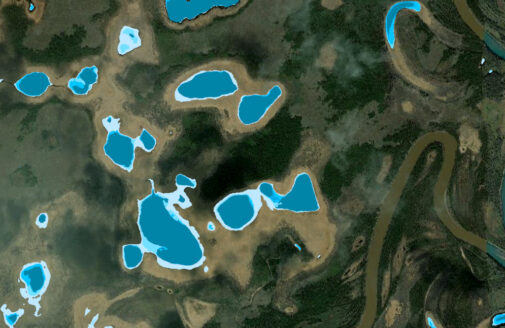photo by Paulo Brando
- Jennifer A. Francis Senior Scientist
- Natasa Skific Rutgers Dept. of Marine and Coastal Sciences
- Judah L. Cohen Director of Seasonal Forecasting, Atmospheric and Environmental Research
- Steve Vavrus Assistant Director, Center for Climatic Research
From disruptive winter cold spells to hotter, drier summers, heavier downpours, and more damaging hurricanes—it’s clear climate change is driving extreme weather events, but how?
Weather patterns are becoming increasingly “stuck,” which can lead to extreme events such as prolonged heatwaves, drought, heavy rains, and even winter cold spells. The increasing occurrence of these extremes is just what scientists have expected to occur as humans continue to emit heat-trapping greenhouse gases faster than natural processes can remove them.
Our Work
Led by Dr. Jennifer Francis, this work centers a few key questions whose answers could help us better understand the connections between climate change and global weather, and how to take action:
- The Arctic has warmed 3 to 4 times faster than the globe as a whole. The resulting decrease in the temperature difference between the Arctic and temperate latitudes is weakening the west-to-east winds of the jet stream—the fast river of wind encircling the Northern Hemisphere at altitudes where jets fly and that creates and steers weather systems. How will this affect weather patterns, and especially extreme weather events in different places and seasons?
- How do natural oscillations (such as El Niño/La Niña) and climate-change-fueled oceanic heat waves affect the jet stream and the Arctic’s influence on weather patterns?
- Can the complex computer programs used to simulate the climate system (climate models) capture the Arctic/mid-latitude connections we observe in the real world?
- How does rapid Arctic warming affect the Stratospheric Polar Vortex and severe winter weather events?
Impact
Understanding how weather patterns are and may be affected by climate change is critical to analyzing climate risk. This research examines the hypothesis that rapid Arctic warming will cause weather regimes to become more persistent, which can lead to extreme events. Dr. Francis and other team members’ previous studies have also documented an increase in “whiplash” events—when one persistent weather regime is suddenly replaced by a different one, such as a drought being replaced by days of rain.
This material is based upon work supported by the U.S. National Science Foundation under Award No. OPP 2115068. Any opinions, findings, conclusions or recommendations expressed in this material are those of the author(s) and do not necessarily reflect the views of the National Science Foundation.
Research area








